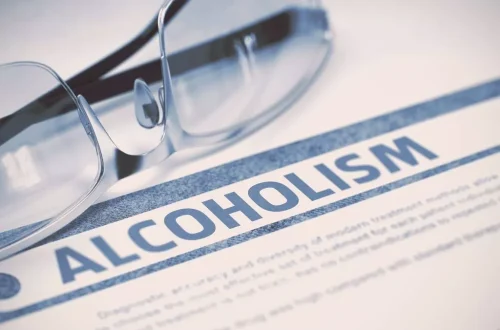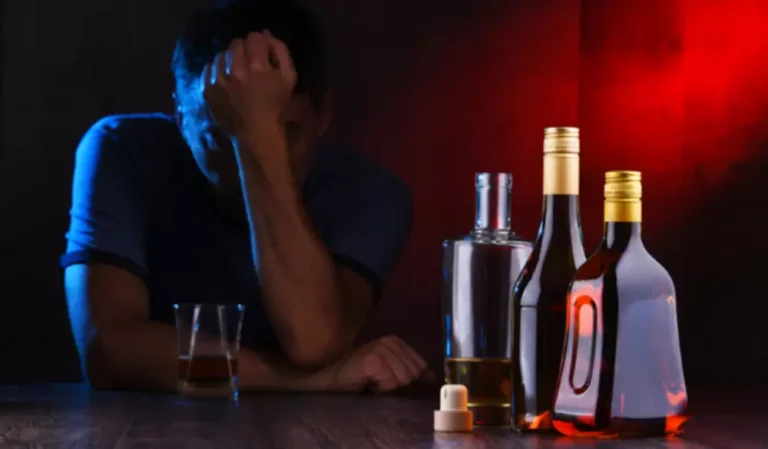
Triggers are social, environmental or emotional situations that remind people in recovery of their past drug or alcohol use. While triggers do not force a person to use drugs, https://ecosoberhouse.com/article/the-importance-of-gratitude-in-recovery/ they increase the likelihood of drug use. The National Institute on Drug Abuse (NIDA) reports that 40 to 60 percent of people treated for substance use disorders relapse.
People Trigger Relapse
When you choose to get treatment at North Georgia Recovery Center, you can rest assured knowing that you will be treated by licensed therapists in our state-of-the-art facilities. Every one of our team members is certified to address and effectively treat the issues that come along with addiction. Avoid external triggers whenever possible, and get rid of any item that may lead to a trigger. Avoiding external triggers may involve ending some past friendships.
Relapse Risk Factors
- A NIDA study maintains that exposure to drug-related objects may influence a former addict’s behavior.
- Walking or driving through places where they used to drink or consume drugs can spark a memory connected to drug or alcohol use.
- One of the biggest risks during drug recovery is that someone who is recovering from using a substance will relapse and begin taking that substance again.
- If you are concerned about thoughts of suicide or if you feel you are in immediate need of help, dial 988 to reach the suicide prevention hotline.
Triggers that happen outside of the individual are not necessarily beyond control. There are multiple reminders of substance use in a former drug user’s life, including people, places and things. Asking the right questions and taking the correct steps can enable people in recovery to healthily transition to their normal life without risking a relapse. When people in recovery succumb to triggers, their brains create reasons to use substances despite knowing that they must remain abstinent.
Identifying Your Triggers

For example, they can end relationships with certain people, purposefully avoid certain places, or not attend an event where a particular person will be. If you or a loved one has experienced a relapse, or are just considering treatment options, we are here to help you. The Recovery Village has a strong record of helping people with substance use disorders to achieve recovery.
Understanding Internal and External Addiction Triggers

They originate from within and are often linked to personal feelings or memories. Gatehouse Treatment would like to help you overcome your relapse triggers. We propose you take a moment to learn about how addictive triggers internal and external triggers examples can impact your life. In doing so, you will be able to spot the different signs of addiction and protect yourself better in the future. If you need extra support, reach out to a mental health professional.
- In recent experiences, drug and alcohol abuse after practicing abstinence, heightens an individuals chances of overdosing.
- Cues such as spoons can trigger memories of drug use in former heroin users without them being aware.
- This will help them understand what coping skills they need to learn to lessen the intensity of their discomfort.
- Some, people struggling with drug and alcohol addiction feel as though they can’t mix and mingle without the use of substances.
Avoiding your triggers is the most effective way to avoid having PTSD symptoms. A NIDA study maintains that exposure to drug-related objects may influence a former addict’s behavior. The brain registers these stimuli and processes them in the same areas involved in drug-seeking behavior.
- If you or a loved one struggles with addiction to drugs or alcohol, you are not alone.
- Researchers highlighted the importance of avoiding the people, places and things that remind patients of their former lifestyle.
- These behaviors can make the individuals feel alienated and push them toward substance use.
- Every one of our team members is certified to address and effectively treat the issues that come along with addiction.
Internal Triggers
- We publish material that is researched, cited, edited and reviewed by licensed medical professionals.
- The negative side effects of relapsing after enrolling in drug and alcohol recovery programs is another concern.
- Asking certain questions about external triggers can help prevent relapse.
This ongoing fight increases their vulnerability to cravings, which may result in a potential relapse. The solution to managing difficult situations is learning how to confront them without drugs and alcohol. If you’re not sure how to confront these situations, contact us today. Individuals develop new thoughts, feelings and behaviors while using substances. These may include shutting family off, denying issues or justifying substance use.

We publish material that is researched, cited, edited and reviewed by licensed medical professionals. The information we provide is not intended to be a substitute for professional medical advice, diagnosis or treatment. It should not be used in place of the advice of your physician or other qualified healthcare providers. Such feelings can include celebratory feelings, passion, and excitement. Granted these feelings are positive, they can easily trigger relapses.